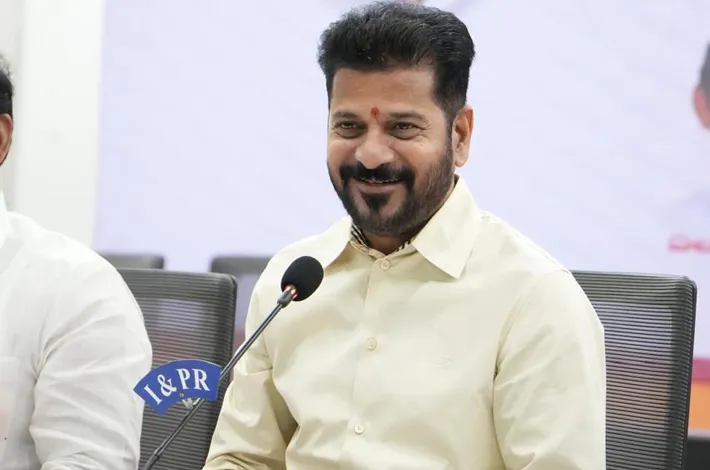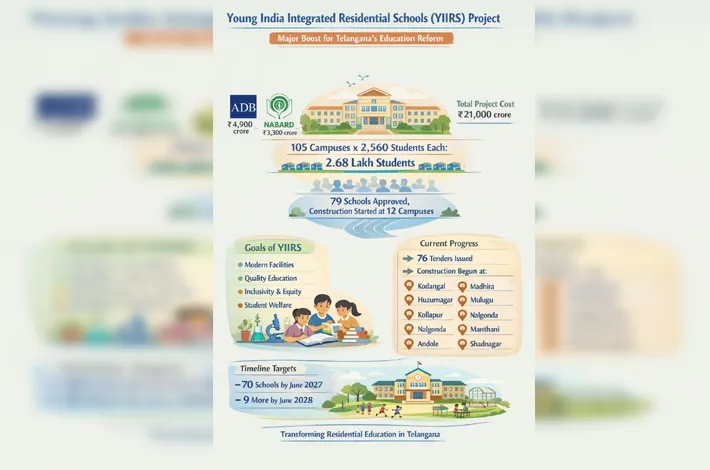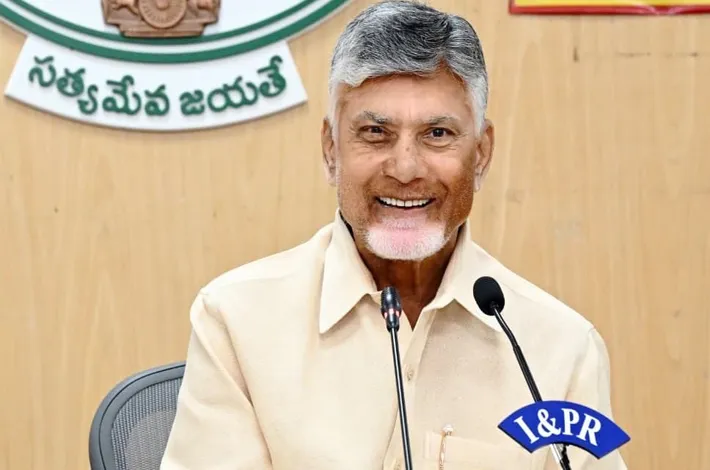Endless Transfers unsettles babus
21-11-2025 12:00:00 AM

■ Telangana Govt has carried out ~10 major transfer rounds since December 2023.
■ IAS, IPS, IFS officers report no stability in postings.
■ Many officers transferred 4–5 times in just 23 months.
■ Some officers were shifted 4–5 times, averaging 5-month postings
■ The first reshu-ffle on Decem-ber 17, 2023 moved 10 senior IAS officers
metro india news I hyderabad
Since the Congress government took charge in December 2023, Telangana’s administrative machinery has found itself in a state of constant churn. Continuous transfers of IAS, IPS and IFS officers—far beyond the usual reshuffle following a change in government—have created a climate of instability, with many senior officials admitting privately that the system has yet to find its balance.
Across India, governance on the ground depends heavily on these all-India service officers: IAS officers drive administration, IPS maintain law and order, and IFS manage forests and environmental systems. Every new government reassigns officials to shape its administrative style, but nearly two years later, Telangana’s transfer spree shows no sign of slowing. Officers say the frequency has now crossed what they consider workable limits.
In just 23 months, the state has seen around ten major rounds of transfers. Several officers have been moved four or five times, with each posting barely lasting five months. The result: officers have little time to understand departmental challenges, let alone implement reforms—leaving the government itself unable to fully consolidate its governance agenda.
The reshuffle cycle began on December 17, 2023, with the transfer of 10 IAS officers, including senior officials such as Arvind Kumar, Burra Venkatesham, Vani Prasad and Rahul Bojja. January 2024 saw another 26 shifts, followed by a massive overhaul in June 2024 involving nearly 40 IAS officers. Departments like Finance, Energy, Mines and Geology, GHMC, Tribal Welfare and key collectorates saw repeated changes.
By November 2024 and April 2025, more rounds followed—affecting senior names such as Smita Sabharwal, Jayesh Ranjan, Dana Kishore, Sanjay Kumar, Ilambarithi, RV Karnan, and others. Officers moved in and out of full additional charge roles repeatedly, adding to the growing sense of administrative fatigue.
In September 2025, another round shifted eight IAS officers, including the replacement of Rajanna Sircilla Collector Sandeep Kumar Jha after a protocol dispute. And by October-end, officers like Sabyasachi Ghosh, Ilambarithi and E. Sridhar were once again on the move.
With so many changes in such little time, officers say they are barely able to identify gaps before being reassigned. Governance experts argue that this instability undermines the government’s ability to take firm administrative control. The dissatisfaction is palpable—some officers, transferred four times in under two years, say they never got more than four months to understand their departments.
The recent voluntary retirement of senior IAS officer SAM Rizvi has amplified concerns, with many linking his decision to the turbulent administrative climate. Officers complain, off the record, that they are neither able to work freely nor effectively under such volatile conditions.
Political analysts warn that real stability will return only when officers are allowed to remain in one position for at least a year or more—a minimum time needed to implement schemes and deliver public services effectively.
Yet, despite rising discontent, talk of another major reshuffle involving around 25 IAS officers is already circulating in official circles. As Telangana’s governance model continues to revolve around transfers, many within the system hope the government will eventually shift from reshuffling to rebuilding administrative strength—bringing much-needed steadiness to the state’s bureaucracy.








